How to Dispatch a Human: Stories and Suggestions
Stephanie Andrea Allen
BLF Press, 2021
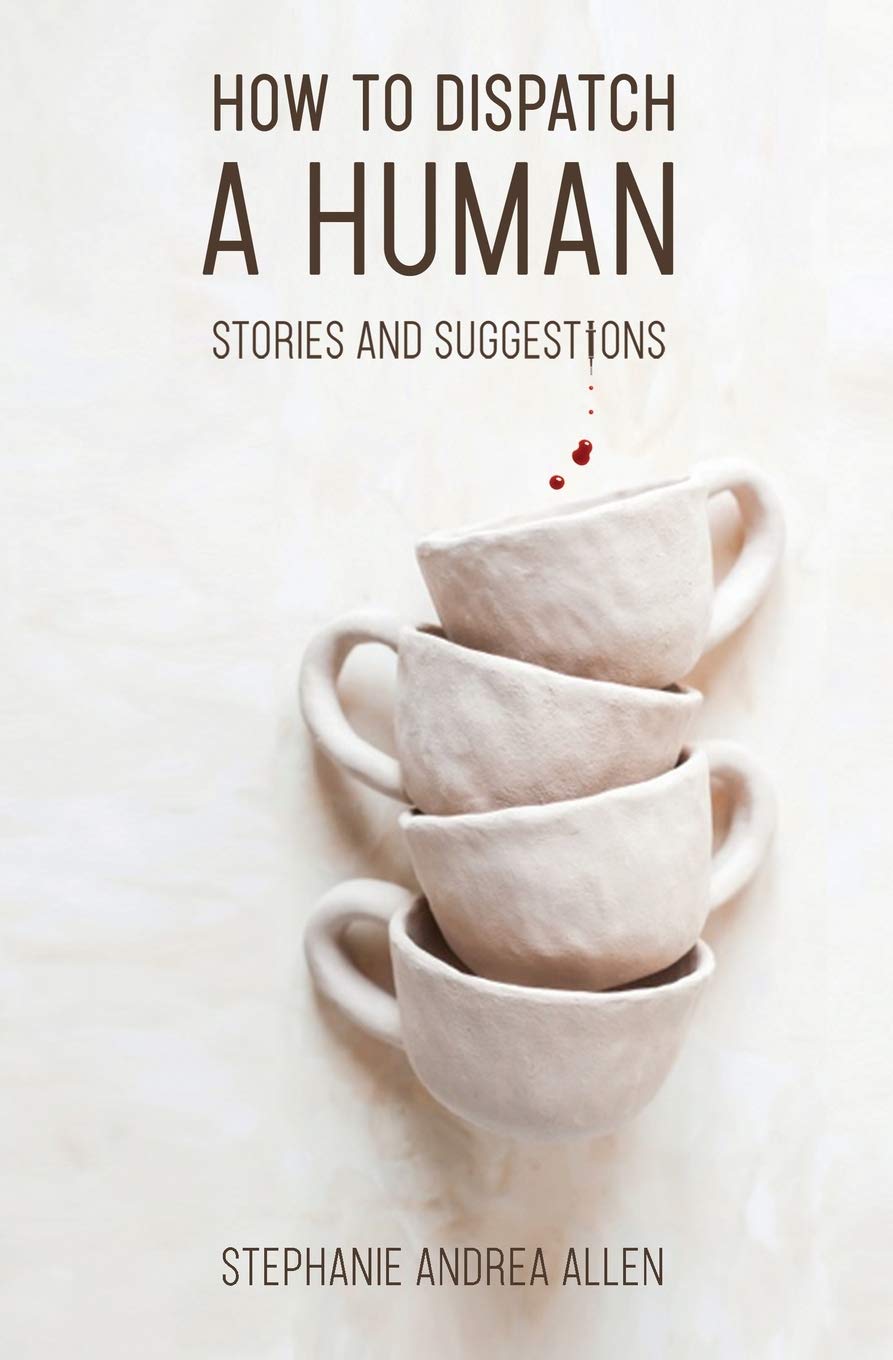
Stephanie Andrea Allen
BLF Press, 2021
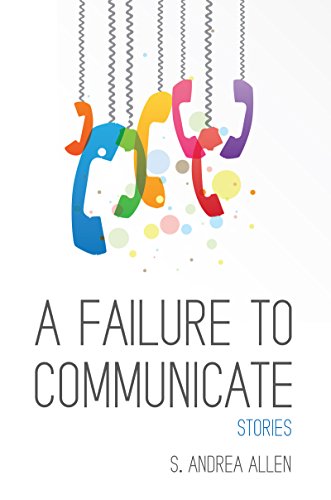
Stephanie Andrea Allen
BLF Press, 2017
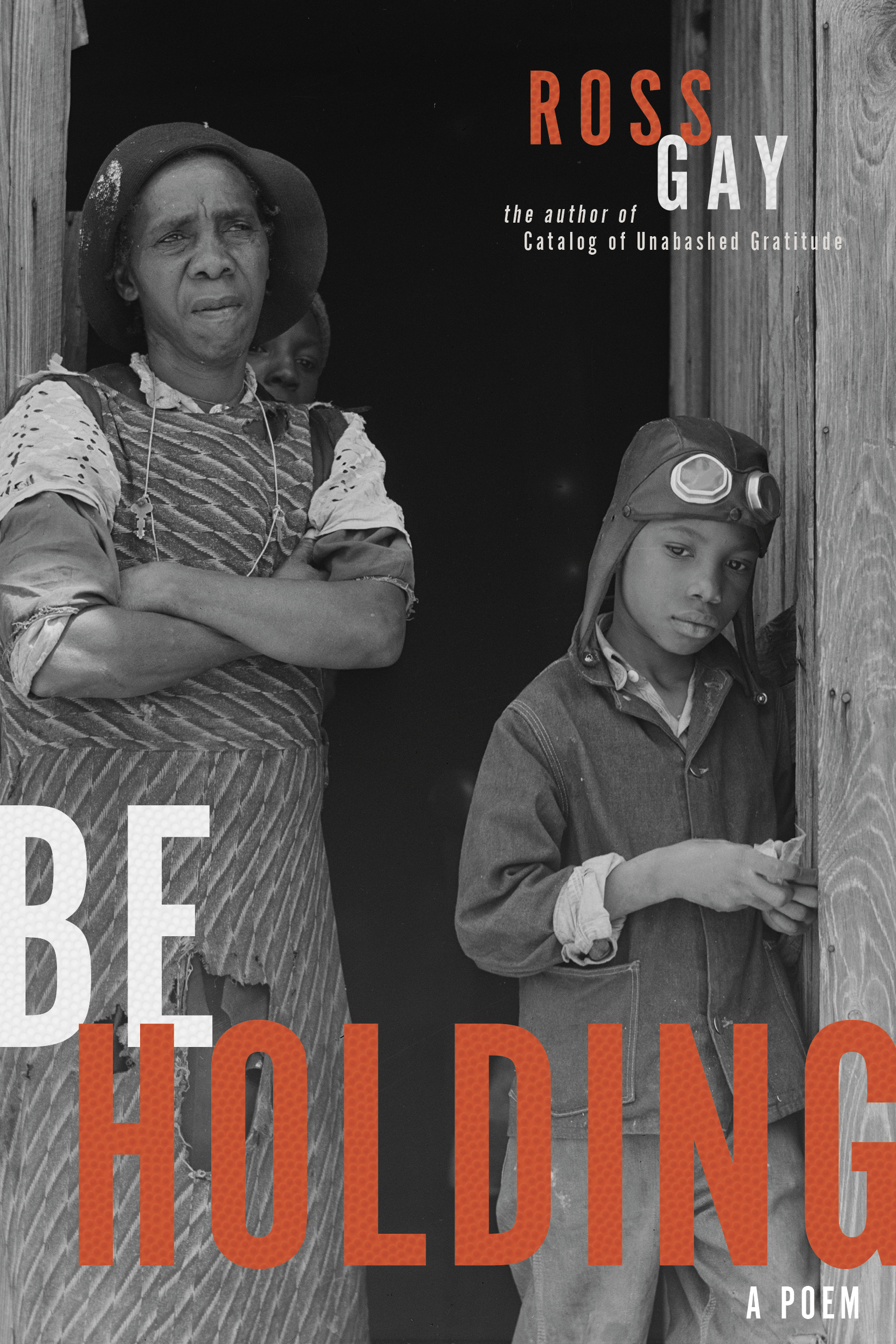
Ross Gay
University of Pittsburgh Press, 2020
Be Holding is a love song to legendary basketball player Julius Erving—known as Dr. J—who dominated courts in the 1970s and ‘80s as a small forward for the Philadelphia ‘76ers. But this book-length poem is more than just an ode to a magnificent athlete. Through a kind of lyric research, or lyric meditation, Ross Gay connects Dr. J’s famously impossible move from the 1980 NBA Finals against the Los Angeles Lakers to pick-up basketball and the flying Igbo and the Middle Passage, to photography and surveillance and state violence, to music and personal histories of flight and familial love. Be Holding wonders how the imagination, or how our looking, might make us, or bring us, closer to each other. How our looking might make us reach for each other. And might make us be reaching for each other. And how that reaching might be something like joy.
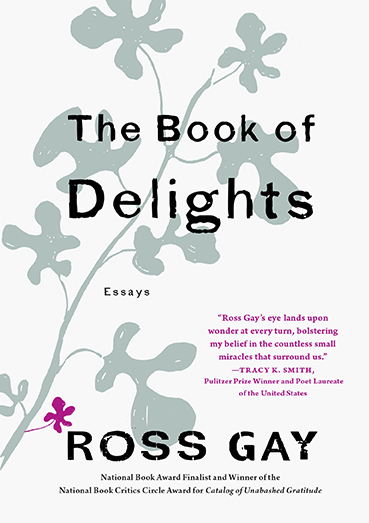
Ross Gay
Algonquin Books, 2019
In The Book of Delights, one of today’s most original literary voices offers up a genre-defying volume of lyric essays written over one tumultuous year. The first nonfiction book from award-winning poet Ross Gay is a record of the small joys we often overlook in our busy lives. Among Gay’s funny, poetic, philosophical delights: a friend’s unabashed use of air quotes, cradling a tomato seedling aboard an airplane, the silent nod of acknowledgment between the only two black people in a room. But Gay never dismisses the complexities, even the terrors, of living in America as a black man or the ecological and psychic violence of our consumer culture or the loss of those he loves. More than anything other subject, though, Gay celebrates the beauty of the natural world--his garden, the flowers peeking out of the sidewalk, the hypnotic movements of a praying mantis.
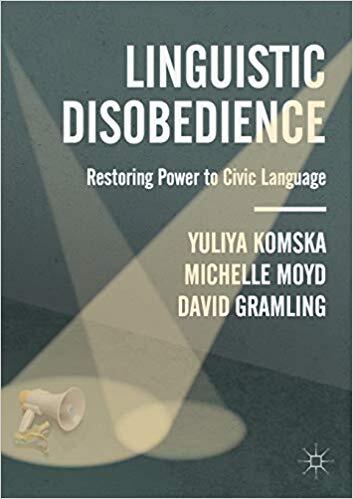
Michelle Moyd
Palgrave Macmillan, 2018
This book asks how we—as citizens, immigrants, activists, teachers—can counter the abuse of language in our midst. How can we take back the power of language from those who flaunt that power to silence or erase us and our fellows? In search of answers, Linguistic Disobedience recalls ages and situations that made critiquing, correcting, and caring for language essential for survival. From turn-of-the-twentieth-century Central Europe to the miseries of the Third Reich, from the Movement for Black Lives to the ongoing effort to decolonize African languages, the study and practice of linguistic disobedience have been crucial. But what are we to do today, when reactionary supremacists and authoritarians are screen-testing their own forms of so-called disobedience to quash oppositional social justice movements and their languages? Blending lyric essay with cultural criticism, historical analysis, and applied linguistics, Linguistic Disobedience offers suggestions for a hopeful pathway forward in violent times.
Center for Research on Race and Ethnicity in Society
Ballantine Hall Room 622
1020 E Kirkwood Ave, Bloomington, IN 47405
Phone: 812-855-8016
Email:
crres@iu.edu